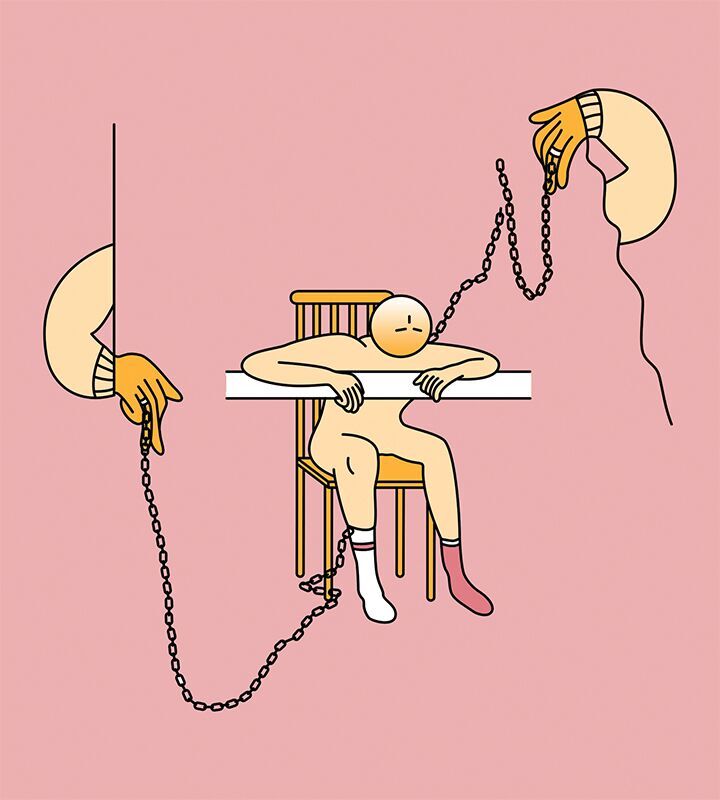Whether it’s the good, the bad or the oh-so-ugly, what happens in Hollywood often feels detached from our everyday reality. Perhaps this is why, despite the entertainment industry’s widely discussed “open secret” of rampant sexual misconduct and abuse of power, it can be upsetting and even shocking to learn of disturbing allegations at our very own university. What is even more troubling, however, is the fact that sexual harassment and assault at Concordia has never been a secret at all.
Recently, sexual misconduct allegations at the hands of Concordia professors have surfaced. An online essay written by Mike Spry, a former Concordia creative writing student, described cases of professors from the English department abusing their academic power to prey on students. Although no professors were named, the essay includes claims that English professors had sexually harassed female students. According to Spry, one professor even rented a hotel room so he could “entertain young writers away from his house and family.” The essay also mentioned “drunken nights of misbehaviour” and how professors would coerce female students into inappropriate and sexual situations under the guise of discussing their creative work.
Last week, Concordia president Alan Shepard announced that the university is taking several steps to investigate the allegations. He also claimed he was unaware of the incidents until early last week when Spry’s essay was published. We at The Concordian think it’s important to note that numerous current and former female Concordia students have been speaking up about the English department’s sexually abusive, toxic environment for years.
Similar allegations of sexual misconduct in the English department were made public in 2014 by former student Emma Healey in her online essay titled “Stories Like Passwords.” In response to Healey’s allegations, several students wrote a formal letter to the English department in 2015 describing the inappropriate atmosphere and stating they felt “uncomfortable and unsafe,” according to the Toronto Star.
Heather O’Neill, a Montreal author, has also spoken out about experiencing sexual misconduct at the hands of the late Concordia professor Robert Allen when she was a student in the late 1990s. According to The Globe and Mail, O’Neill described the sexual harassment and abuse of power within the department as “pervasive.” Stephen Henighan, a former student of Allen’s, told the Toronto Star that the “toxic culture” in the creative writing program can be traced back to the mid-1980s.
It is crucial to point out that many people at Concordia failed to support these students or investigate their claims. The university should have pursued these allegations earlier. Even The Concordian and The Link failed to report on the issue when Healey and O’Neill’s claims were made public, or when any of the other female students’ claims were submitted to the department. We all failed these victims.
While we remain hopeful about the investigative actions Concordia claims to be taking now, we would like to highlight that we are all at fault for this delayed response. We need to listen to survivors when they come forward. We need to give victims the benefit of the doubt. We need to be proactive when we hear even a whisper of an allegation. We need to do better—all of us.
The harsh truth is that Concordia would not be addressing these allegations had it not been for Spry’s essay. It is extremely unfortunate that it took a male writer making these claims for us to finally take action, while, for years, many female voices went unheard.
Abuse of power is a complex problem that must not be ignored. To do so would be incredibly irresponsible. We at The Concordian hope the publicity surrounding the recent allegations at Concordia teaches us all to do a better job of listening, believing and taking action—the first time.
Graphic by Zeze Le Lin




